#african influence
Explore tagged Tumblr posts
Text

“First of all, the music that people call Latin or Hispanic is really African. So Black people need to get the credit for that. Number two, Latin people are very passionate, and the music that we love is definitely Afro-rooted — whether it’s Bob Marley or Afro-Cuban — because it deals with rhythms.”
#carlos santana#black culture#black people#african culture#music#african influence#black music#black history#blacklivesmatter#black lives matter#africa#black musicians#black music history#black music artists#quotes#music quotes#quoteoftheday#life quote#black excellence#african#african history
512 notes
·
View notes
Text
Unveiling the African Essence in Eastern Philosophy
A Tribute during Black History MonthAs we embark on the celebration of Black History Month, it’s essential to recognize the myriad contributions of African descendants not just in shaping modern civilization but also in sculpting the contours of Eastern philosophy. The historical interweaving of African traditions with Eastern thought offers a rich narrative, highlighting a profound exchange of…

View On WordPress
#African influence#ancestral wisdom#ancient Egypt#Black History Month#Eastern Philosophy#Greek philosophy#Interconnectedness#nonduality#spiritual synergy#Transcendental Meditation#Ubuntu#Yoruba
10 notes
·
View notes
Text
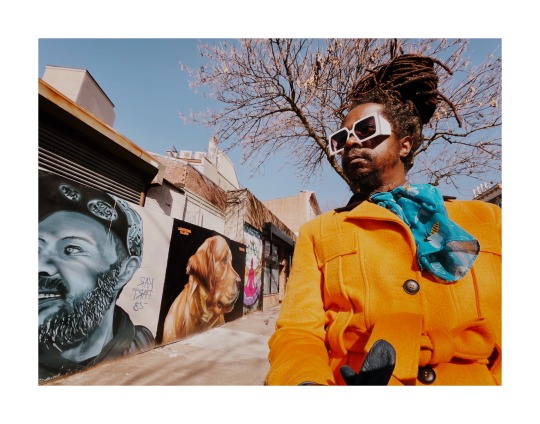
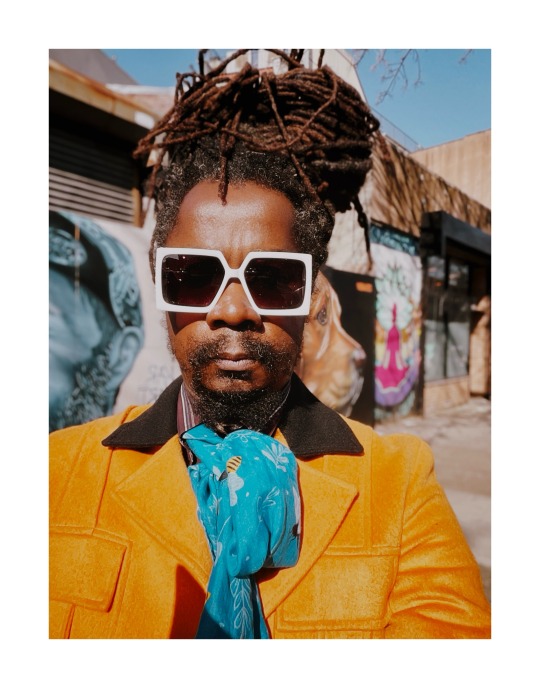

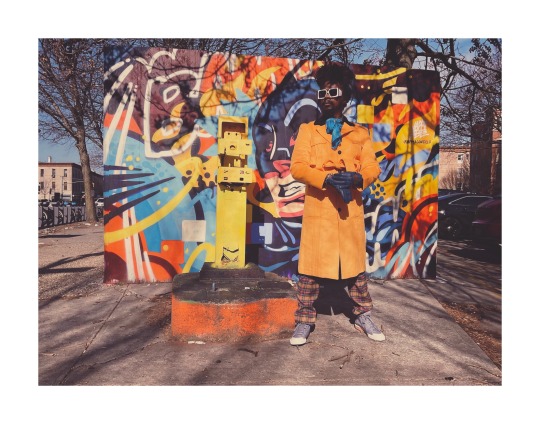
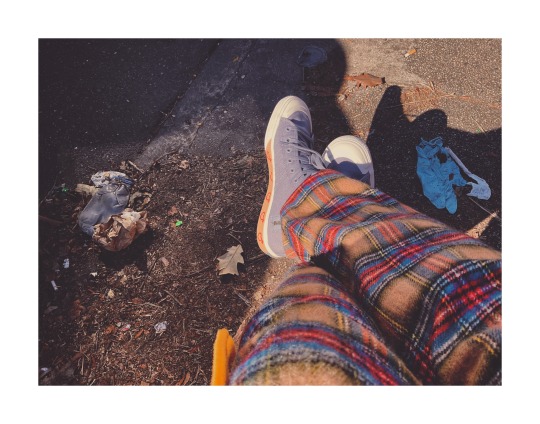
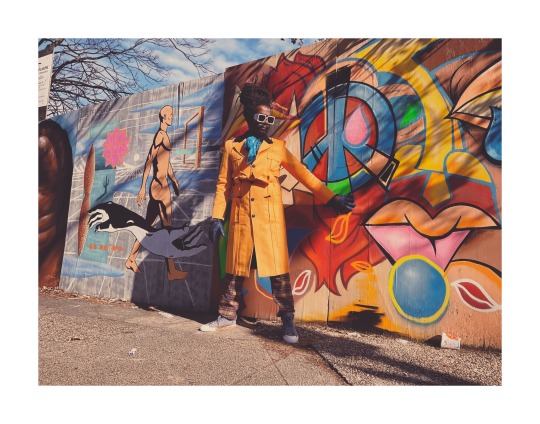
#WinterSpringDayGay
Decode the Look [top to bottom]
Sunglasses by Rainbow with prescription lenses
Teal bumblebee scarf by Dollar Store
Yellow wool coat by Orttu
Plaid Pants custom made by local tailor
Grey sneakers by Nizza by Adidas
Teal gloves by Straight to Hell
[Photo by Brown Estate]
#fashionable#street style#black aesthetic#african influence#urbanwear#black fashion#queer fashion#brooklyn#prospect heights#slay#fierce#street photography#murals
6 notes
·
View notes
Text
Below I'll be showing some more examples of baianinhas and acessories that often go along with it









The baianinha is very noticeable for the off-white base, sillouette, turbants, colorful and long necklaces and sometimes, other vibrant colors and patterns
Traditionally a "woman's look", even thought there isn't an actual reason for men not to use it, btw. Anyways.
The men's look which would pair this also has its roots on candomblé.
It consists on a (white) large pair of pants, a big "button-up" shirt and the same necklaces, thought the turbants are more used for woman.

Example of the "male" outfit (in this picture, they are without the shirt)
Note: the shirt-off look (mostly without the necklaces) is often used for the pratice of a brazilian martial art, the capoeira. Apparently, the capoeira usual uniform was inspired by these looks.
☃️Brazilian traditional looks☃️
A slice of an introdution
--
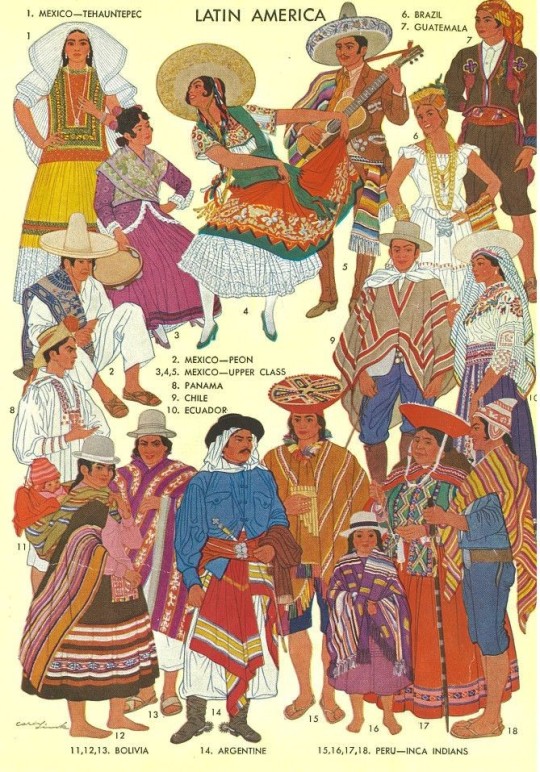
Art by unknown, if you who it is from, please warn me and I'll give the proper credit
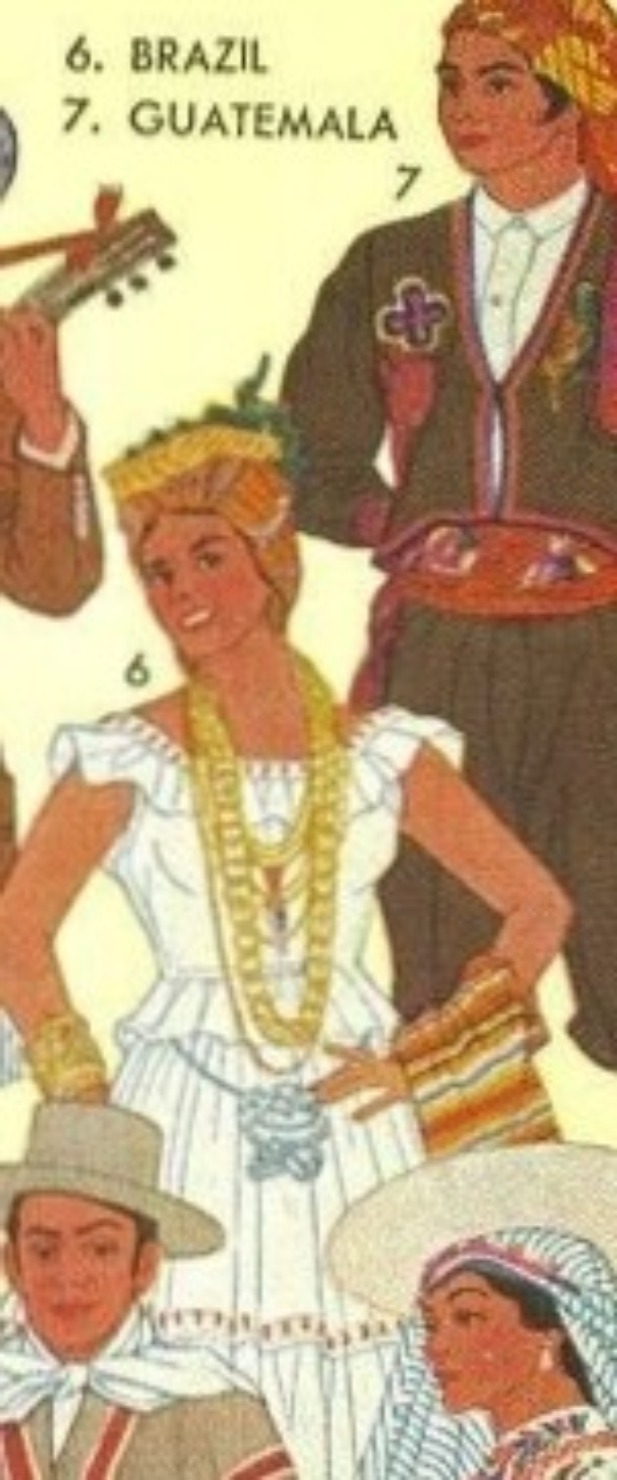
This outfit featured in the drawing is traditional from the North East region, which is the one I'll be rambling about since is the one I know the most
This outfit isn't used for day-to-day and casual ativities, but mostly for special events.
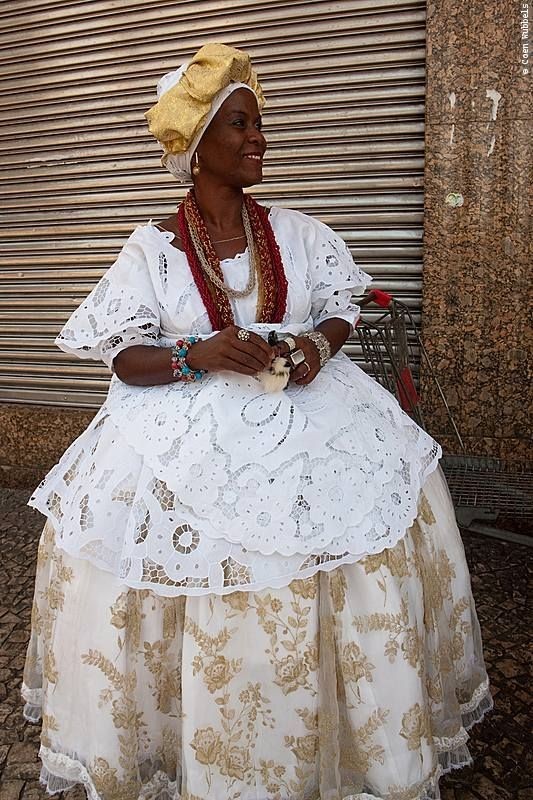
The dress' name is baianinha
Before going into more details, it is important to highlight how the country, and specially the North East part of it were influenced by african culture.
The Africa is a wide and huge continent, full of the most diverse cultures, some of which, due to the diaspora, were bought here.
The Brazilian culture is, fundamentally, a mix of indigen, african and portuguese culture. Our language was a contribuition of the Portugueses, and many of it was also influenced by the Tupi (one of the most spoken indigen languages in the territorry), from which we have many many many words. The enslaved black people bought here also bought their cultures, and that was a big influence for the cuisine, the dances, the kid games and the clothes. We all know what Europe looks like and their culture doesn't differ much so we know what portugueses bought (some influence in the cuisine, the clothes ofc, the dances and stuff).
Dependong of the area of the country you're in, some specifics aspects of the culture may stand out. For some historical reasons (I won't be explaining here becaude it would make this way longer), the european imigrants from Modern Era went mostly to the South, and the black enslaved and no-more-enlaved were concentrated in the North East; the native people (indigenous brazilians) managed to stay in the North, and as so you can see a larger influence of White Culture in South and South East, a larger influence of Black Culture in the North-East, and a larger influence of Indigenous Culture in North.
The baianinha outfit has its roots bonded to afro-origined not only culture, but religions, like the candomblé and ubanda, in which the praticers use similar clothing. In Bahia (North-east), one of the most black influenced states of Brazil, this one is quite of a symbol.
#part 2#long post#brazil#baianinha#traditional outfits#brazilian#brazilian culture#latin america#latin culture#south america#other countries#federative republic of brazil#not whump#drawing advice#writing advice#brasil#bahia#african influence#afroamerican culture#indigenous culture
129 notes
·
View notes
Text

#maga#trump#fascism in america#maga authoritarianism#trump dictatorship#rise of fascism#maga white nationalism#trump regime#maga extremism#trump anti-democracy#trump autocracy#maga racism#trumpism and fascism#maga conservative movement#far-right politics usa#white supremacy and maga#trump authoritarian agenda#trump and fascist policies#maga radicalization#fascist threat usa#trump oligarchs#elon musk apartheid#peter thiel apartheid ties#david sacks apartheid roots#apartheid legacy in u.s. politics#trump billionaire backers#elon musk and trump#peter thiel and trump#david sacks political influence#south african apartheid history
160 notes
·
View notes
Photo
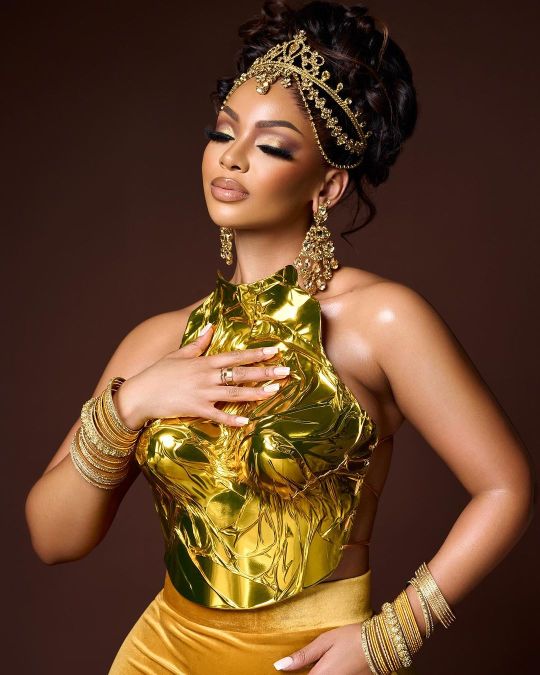
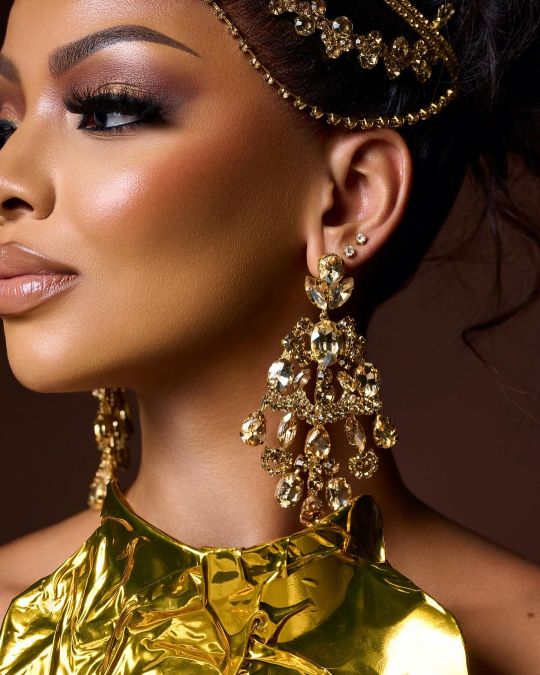
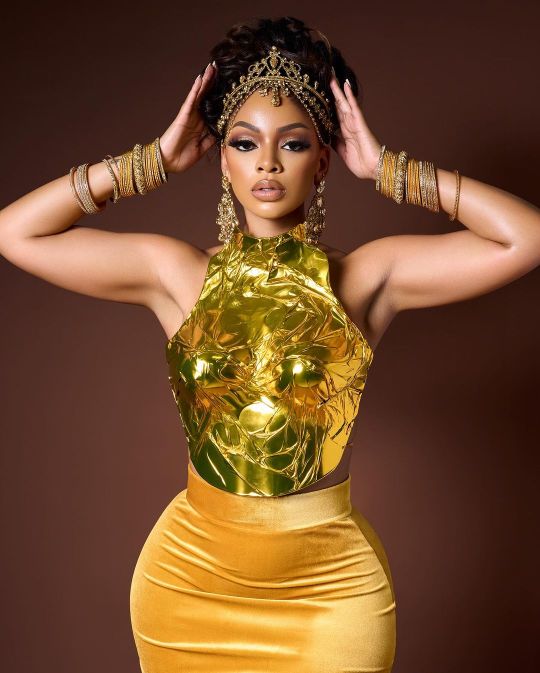
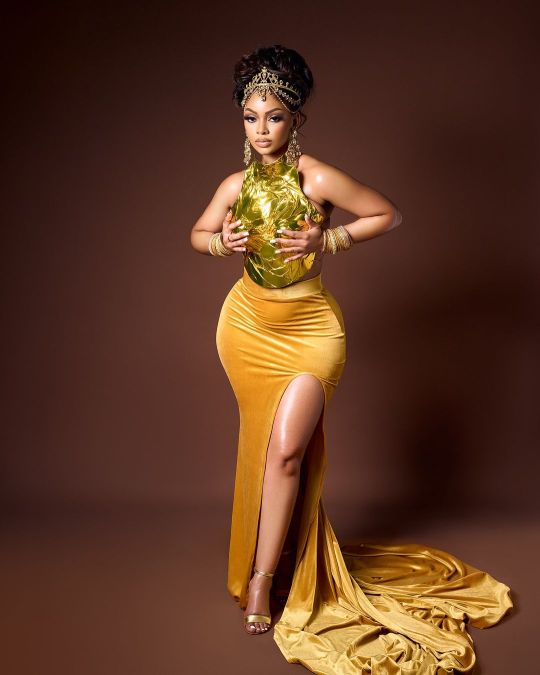
Mihlali Ndamase
#mihlali ndamase#style ebony fashion#style ebony#ebonybeautyfashion#ebony beauty#black fashion#tumblr fashion#tumblr#influencer#look#top#style#african beauty#africanfashion#fashion#beauty#black beauty#fashion photography#photography
570 notes
·
View notes
Text
African Barbie 💖💕💗
#reelsinstagram#black is beautiful#fashion#afro hair#black women beauty#African Barbie#black beauty influencer#beautiful black women#dark skin beauty#ebony queen#ebony goddess#black girl magic#black women in luxury#black fashion#pink aesthetic#black barbie doll#barbie aesthetic
413 notes
·
View notes
Text

Ve'ondre Mitchell
Gender: Transgender woman
Sexuality: Queer
DOB: 13 April 2004
Ethnicity: African American, Latin American (unspecified)
Occupation: Influencer, singer, activist
#Ve'ondre Mitchell#lgbt#lgbtq#lgbt+#black excellence#qpoc#qwoc#trans woc#queerness#transfemme#trans femme#bipoc#transgender#trans woman#queer#2004#black#hispanic#biracial#poc#african american#influencer#singer#activist
65 notes
·
View notes
Text

IMAM
www.beau-gar.tumblr.com
#imam#tom ford#black man#black model#handsome#menswear#fashion#blackmalemodel#la sape#sapeurs#menswearfashion#male model#dandy#sprezzatura#mensfashion#black models#men's fashion#african models#fashion model#model#parisian style#mens style#fashion style#style influencer#gq style#street style#style inspiration#style
37 notes
·
View notes
Photo

Nqobile Khwezi
413 notes
·
View notes
Text
And often [I have observed that] an elephant that pursues and threatens foretells illness. And one that seizes and manhandles someone signifies death for the observer but, when it does not seize them, it signifies that one, having come upon utmost danger, will be saved. For in fact they say that this animal is sacred to Pluto. (Artemidorus, Oneirocritica, 2.103ff)
Crazy. No one ever told me that elephants were Plouton's sacred animal. Now I have one more piece of "evidence" for my theory that Hades favors Dionysus because Elephants are famous as Dionysus' spoils of the war from India. Just imagine a charming young god arriving at your dark realm with myrtle and an elephant—it's hard not to favor him.
So I doodle as fast as I can and I never tried to draw an elephant before.😂

#While all eyes are on black sheep and owl but Artemidorus appears with☝️🤓ackshually...#although the original text may speak of the African elephant im not sure#considering the influence of Egyptian religion#greek mythology#greek gods#greek myth#incorrect greek mythology#plouton#hades#pluto#pluto deity#hades deity#sarapis#serapis#dionysus#dionysos#daily life of the chthonic#greek myths#my art#greek myth art#my artwork#digital art#my sources📜
34 notes
·
View notes
Text
How Voodoo Influenced Black Music and Shaped Church Culture
The spiritual traditions of voodoo have deeply influenced black music and church culture. This episode uncovers the spiritual connection between the call-and-response patterns of Vodou ceremonies and the rhythms of gospel music, blues, jazz, and even hip-hop. Discover how the rituals, chants, and drumming of Vodou formed the foundation for Black musical expression. These elements even infused the…
#African-American traditions#Black music#Black spirituality#church culture#cultural heritage#gospel music#music history#spiritual influence#vodou
38 notes
·
View notes
Text



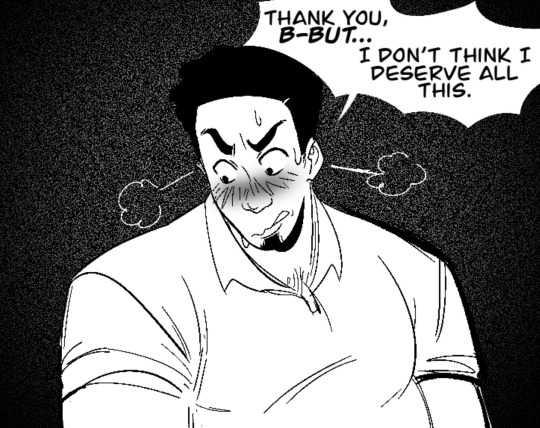
I think its really cute that Manuel gets the most love from comments! I think he deserves it, because even I have dubbed him as the Best Boy. But, Mani has mixed feelings about receiving praise and being considered the favorite. He’d sooner think people are lying to him than believe they actually like him that much. Because, why would they?
His view of himself comes from years of being stuck in the middle.
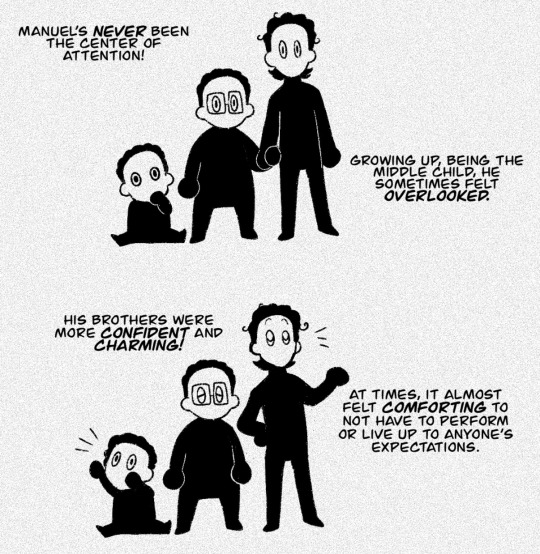
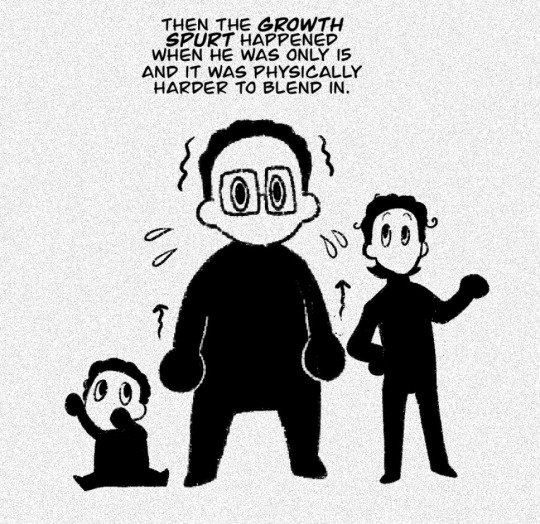
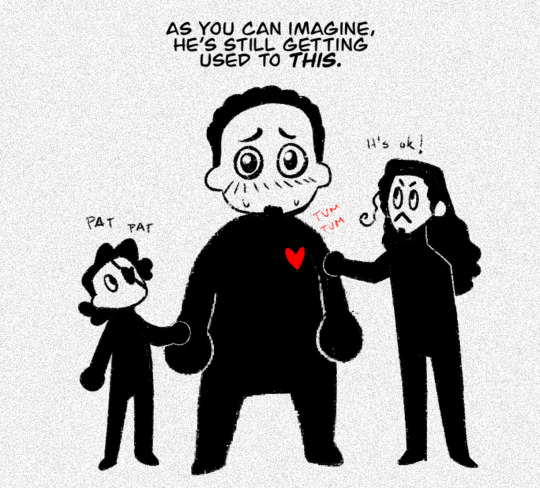
#los brujos#manuel#adrian#victor#my art#IF I CAN just get a little heavy in the tags for a sec#cw: talking about race and body image stuff#not mentioned in this little comic because i didnt want it to be TOO sad#manuel was bullied a lot in school and it affected his self confidence a looot#technically they ALL were to an extent#but Manuel had a very hard time not only being big but also Black#people were unkind and he felt better disappearing to avoid getting sneers from anyone#but that was pretty much impossible when he became so tall#though puertorican culture has a huge African/Black influence it still suffers from colorism and racism#and it would be dishonest to write a story about afroboricuas and not touch that subject even slightly#i just didn’t feel like info dumping in a comic about ALL THAT#cuz really the anons were just being cute#sorry to ramble
234 notes
·
View notes
Text
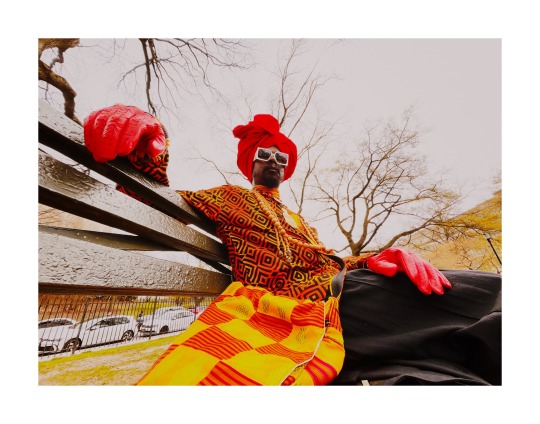

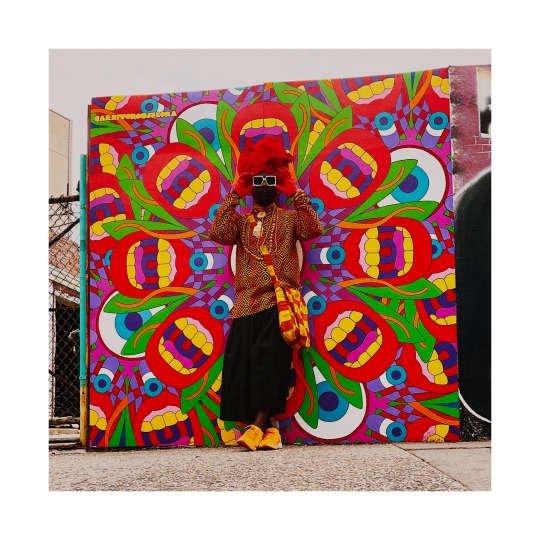
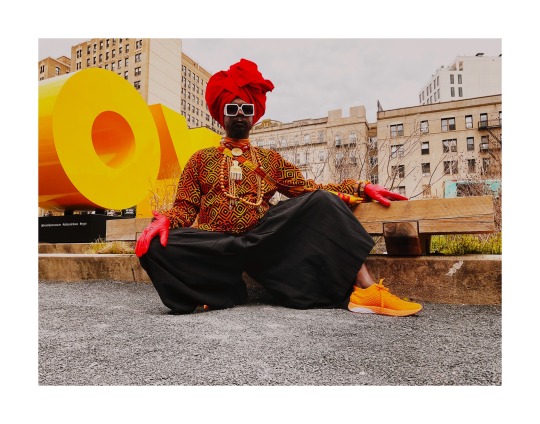


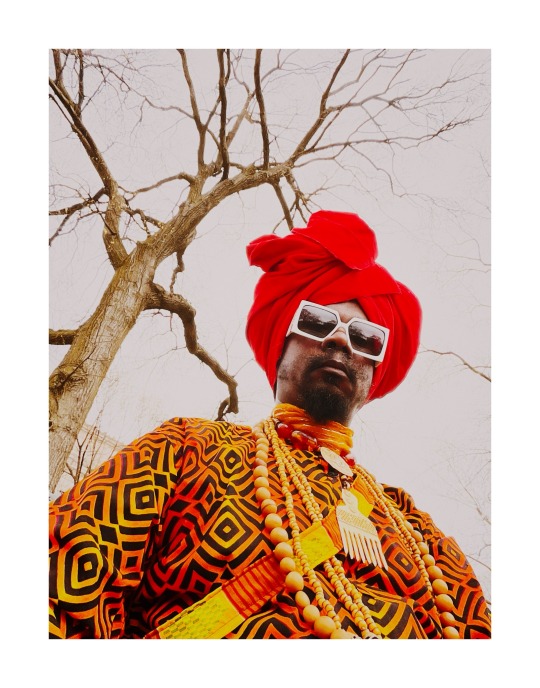
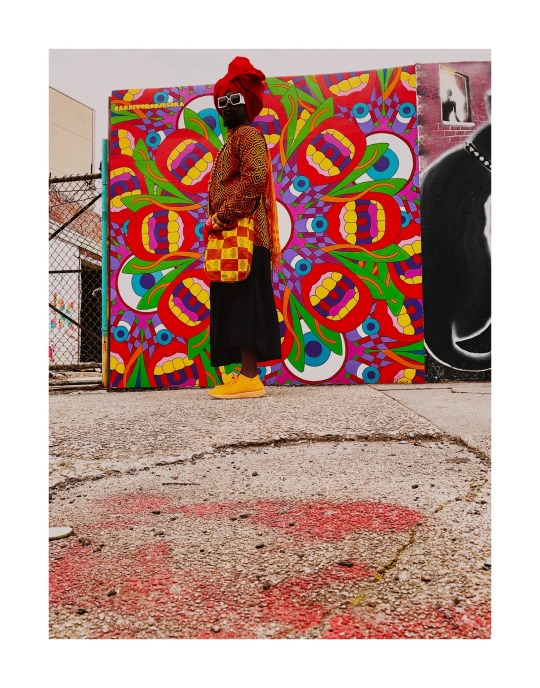
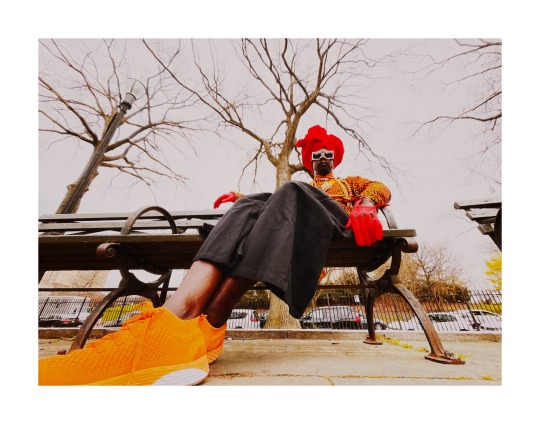
#ShowStopper
Pieces of the Puzzle
[top to bottom]
leftover red fabric from my grandmother
prescription queen sunglasses from Rainbow
orange scarf with silver streaks
necklace from Ghanian artisan bought in Accra
long African shirt from UK bought on Etsy
black hakama pants from Japan bought on Etsy
red Alpa gloves from Hungary copped on Etsy
thick ochre bracelets from Brooklyn Museum market
fluorescent orange trainers by No Bull
[Photos by Brown Estate]
#slay#fashion#urbanwear#brooklyn aesthetic#african inspired#black aesthetic#african influence#fashionista#streetwear#street style#spring fashion#brooklyn#prospect heights#brooklyn museum#personal style#you better work bitch
2 notes
·
View notes
Text

Do you guys know Apollo? He is my favorite internet personality
#apolloandfrens#No art for like a month and I show up with a doodle of my favorite bird influencer. I’m living my dream!#art#artists on tumblr#african grey parrot#african grey#birds#parrots
354 notes
·
View notes
Text
by Dion J. Pierre
Anti-Zionist activists recently launched a barrage of racist attacks against African Americans on social media, triggering an exchange of insults as well as arguments over the Arab world’s role in enslaving Black Africans.
“Black people also wear a uniform and get on a plane and come to our countries and kill us!” one influencer said in a compilation of TikTok posts shared by pro-Israel activist Hen Mazzig. “You vote the same f—king melanated f—king people to government that sign papers to kill us. I don’t want to hear it anymore!”
“Keep Palestinians names out of your f—king mouths when you’re trying to defend your decision for voting for Kamala,” another said, referring to Democratic presidential nominee Kamala Harris, who is Black.
TikTok user “Dan1ahan” charged that Black Americans “switched up 180 on Palestinians and people who are Palestinian activists the second we have a Black woman running for office,” describing the alleged betrayal as “disgusting.” Touching on the upcoming US presidential election, one Arab woman said all Black people want is a “token ethnic president” in office.
Black TikTok influencers descended on the platform in droves to denounce the comments, with several announcing that they intended not only to remove Gaza-related content from their profiles but also to cease engaging in anti-Zionist activity entirely. The conversation escalated in subsequent posts, touching on the continuance of Black slavery in the Arab world and what young woman called “voracious racism” against African Americans.
“What’s even crazier is that earlier people were like, oh these are bots, no — this is how people really feel. And she made a video that’s a real human being that feels exactly that way,” an African American woman said. “These are people who feel like they are entitled to the support of Black people no matter what, that they get to push us around and tell us who the hell we get to vote for if we support them … They’ve lost their minds.”
An African American male said, “Why don’t we talk about the Arab slave trade? And keep in mind that the Arabs have enslaved more Black people than the Europeans combined.” Another African American woman accused Arabs of not denouncing slavery in Antebellum America.
“We spend our money with you,” she said. “We stand in solidarity with you, and you keep asking for more, and more, and more, and it’s never enough.”
This is not the first time that anti-Zionists have hurled racist abuse and expletives at Black Americans while denigrating their accomplishments and status as full citizens of the United States.
29 notes
·
View notes